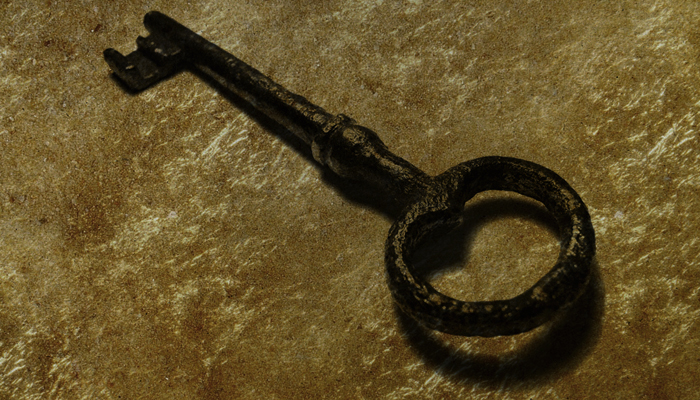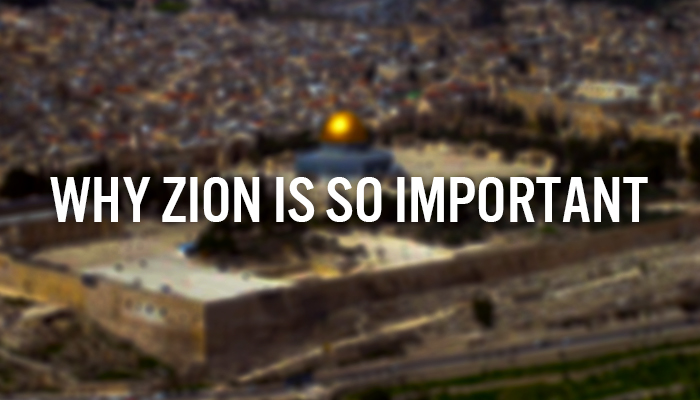The other day, as I was preparing to speak at a certain Christian event, I began to apologize to the Lord in a manner I had done several times before. I said things like, “I’m sorry, Lord, that I have so little to offer you. I have such a limited message. The bandwidth on what I carry and what I can offer is so narrow, and You really deserve better. I have so many limitations. You deserve to have a servant who provides You with a much broader scope of possibilities. I’m sorry that You have so few options when You’re working with me.”
The Lord’s response seemed to be something like this, “You don’t think of this as I do.”
Then I felt drawn toward these verses:
Having then gifts differing according to the grace that is given to us, let us use them: if prophecy, let us prophesy in proportion to our faith; or ministry, let us use it in our ministering; he who teaches, in teaching; he who exhorts, in exhortation; he who gives, with liberality; he who leads, with diligence; he who shows mercy, with cheerfulness (Rom. 12:6-8).
The Lord seemed to be emphasizing that whatever gift for blessing others I might carry, it came to me as a gift of His grace. Since He gave it, who was I to apologize to Him for His gift?
So I’ve decided to stop apologizing to Him for the grace He has bestowed on me. I need concern myself only with being faithful.





